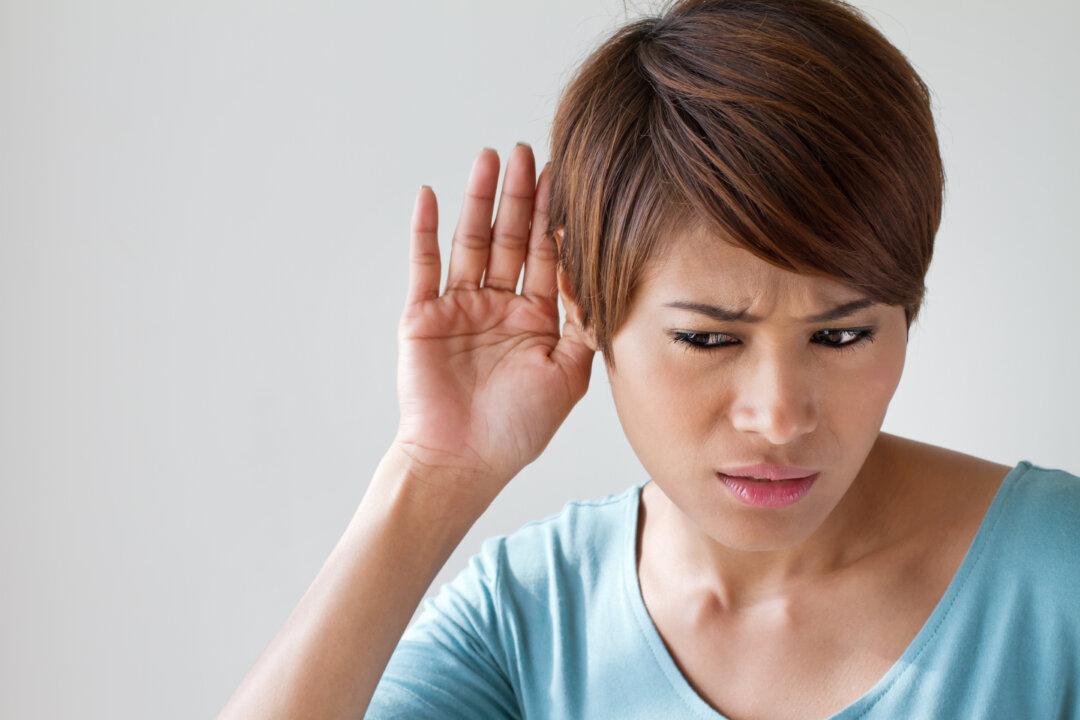Some viruses, such as measles, mumps and meningitis, can cause hearing difficulties, but what about SARS-CoV-2, the virus that causes COVID-19?
In the first few months of the pandemic, a rapid systematic review of COVID-19 and hearing difficulties revealed a possible link between COVID-19 and audio-vestibular symptoms (hearing loss, tinnitus and vertigo). However, both the quantity and quality of the early studies were low. Now that the pandemic has been with us for over a year, more studies have been published and researchers have been able to estimate how common these symptoms might be.

